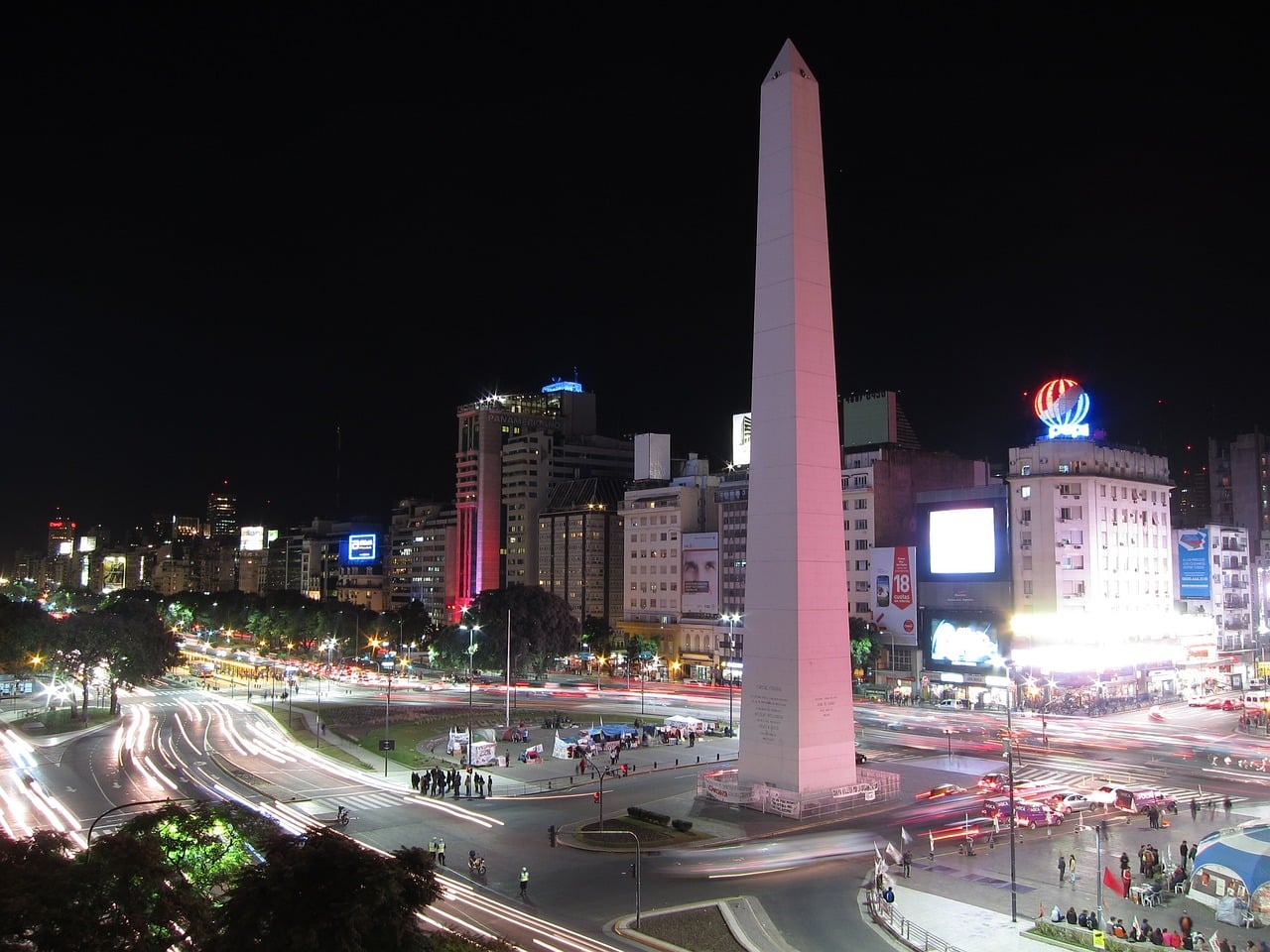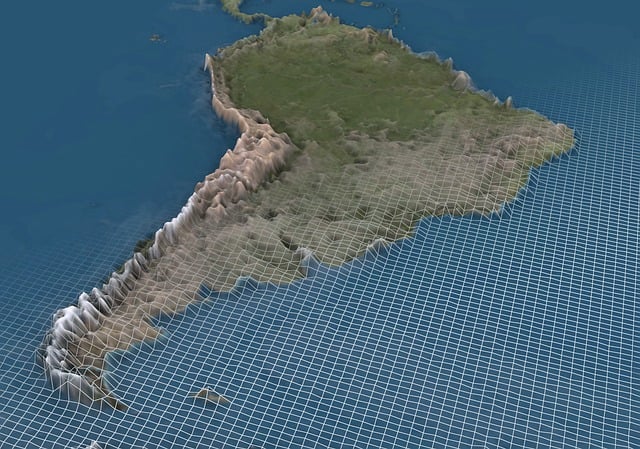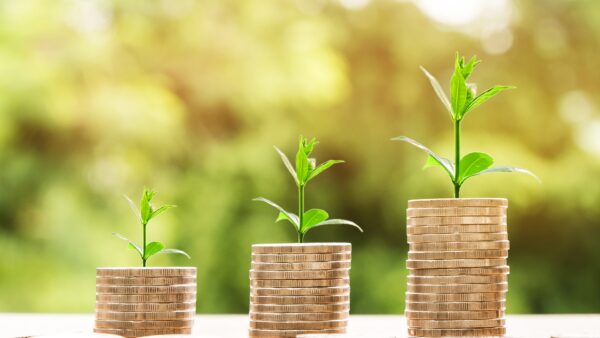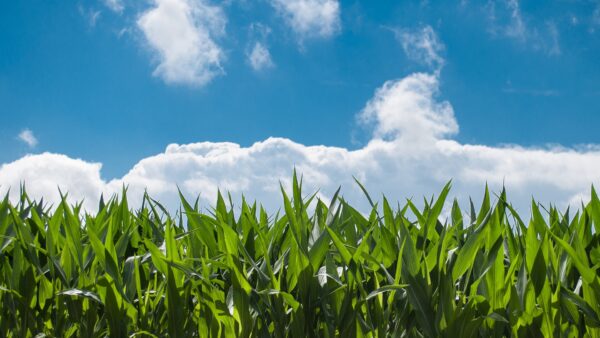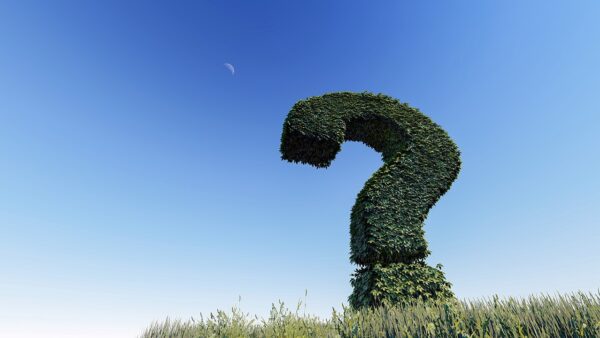Seed World LATAM sat down with Seed Congress of the Americas presenter, Carlos Becco, for a chat about how LATAM’s seed sector is leading the way towards a sustainable future.
For millennia, agriculture has been the basis of civilization. Despite its vital importance in providing humanity with food, shelter, culture, security, and even art and education, today, it is an often woefully underappreciated sector that deserves much more recognition.
Meanwhile, we are currently living in an era of digital revolution that is redefining every part of the world around us. Thanks to the incredible efforts and ingenuity of plant scientists, big data engineers, and those brave enough to imagine a different future, AI and other cutting-edge technologies are helping agriculture produce more and better than ever, dramatically improving food security. Now, thanks to the skill and expertise of geneticists and seed researchers, plant genes can be altered in a lab, reshaping crops to meet the needs of our expanding global population, even as the environmental stresses crops must withstand increase. Due to a constantly expanding understanding of agronomy and access to more efficient and resilient crops than ever, farmers can produce much more with much less: fewer crop inputs, less pesticides, yet dramatically more yield.
However, average consumers remain mostly unaware and unengaged. Outside of agriculture, few people realize the incredible amount of science, technology, dedication, and inspiration that goes into producing the veggies they buy at the store. Even more problematic, agricultural production is increasingly viewed with suspicion and mistrust, mistakenly turning its protagonists — from farmers to seed researchers to technologists — into the villains of the narrative.
At Seed World LATAM, we are witnessing and participating in this transformation. As part of the media industry, we have been transitioning from paper-based print magazines to online and digital. Like the seed industry, we are proud to play a key role in leading agriculture forward. Our job is to tell the seed industry’s story.
In the lead-up to the Seed Congress of the Americas, we sat down with one of the Congress’ key speakers, renowned Argentine agriculture thinker Carlos Becco, to explore how the digital revolution is transforming the seed and agricultural sector in Latin America. In his books, The Digital Revolution of Agriculture and From Villains to Heroes, Becco shares his vision for reshaping the narrative, where agriculture can move from being perceived as a villain to becoming the hero the world needs.
Becco asserts that “It is still surprising how plant breeding, the basis of the seed business, is still fundamentally a hand-made activity. It is going to become increasingly dominated by artificial intelligence. Breeders in the future will rarely go to the fields and instead will work from their screens with the help of artificial intelligence to develop the best combinations.”
Latin America, a Leader in the Agri-tech Revolution
A global survey conducted by global management consultant McKinsey and Company in 2015 revealed that agriculture was the least digitalized sector in the global economy. This lag compared to other sectors is because agriculture is an industry with deep traditions, which at the time reflected an untapped potential. This scenario is changing rapidly, especially in Latin America, a fertile ground for adopting disruptive technologies driven by a young, entrepreneurial population with more needs and more hunger to innovate.
Becco cites Zoomagri as an example of a seed industry innovator who is creating sustainability initiatives. Zoomagri is a company that has developed a seed scanning technology that can identify the variety of a seed through imagery without having to destroy that seed. This is a case of technology created in Latin America that provides a solution to a particularly persistent problem in our region: the intellectual property issue.
Revolution is Unplanned
That example, of course, is just one of many. Becco notes that “the speed of Latin America’s digitalization is astonishing. We are seeing how new ideas are beginning to revolutionize a sector that has always been the most traditional.”
“People talk about digital transformation,” Becco says,” but I prefer to emphasize that it is a revolution.”
For him, revolutions are organic, unplanned processes arising from necessity and opportunity. Becco believes that this revolution began in February 2007, when Steve Jobs launched the iPhone, an event that marked the beginning of an unprecedented era of connectivity.
Unlike the rapid adoption of technologies such as the iPhone or Uber, Ag has traditionally moved more slowly due to connectivity issues and its conservative nature. However, Becco stresses that innovation is thriving and growing by leaps and bounds in Latin America, even faster than in other more developed regions, thanks to the spread of startups with new business models that challenge the older ones and as digital leaders replace analog leaders.
“A few years ago, the largest company in Argentina was YPF (Argentina’s energy company). Today, the largest is Mercado Libre (the South American version of Amazon), which is worth ten times more than YPF. So, why wouldn’t we assume the same thing will happen in agriculture? We should ask ourselves if the next Blockbuster is among us or if there is an ‘agribusiness Netflix’ that we have not yet discovered.”
A Regenerative Future
Becco is optimistic that this technological revolution is the key to creating a future where agriculture is sustainable and regenerative.
“From the seed, which is the beginning of everything, our industry has the ability to leave fields better than we received them.”
Becco concludes with this powerful reflection: “We have the opportunity to be the heroes of this movie. Our practices can help fix atmospheric carbon, reduce our water footprint and ultimately regenerate the environment. We have everything we need to make it happen, and I believe we have an obligation to do so.”



